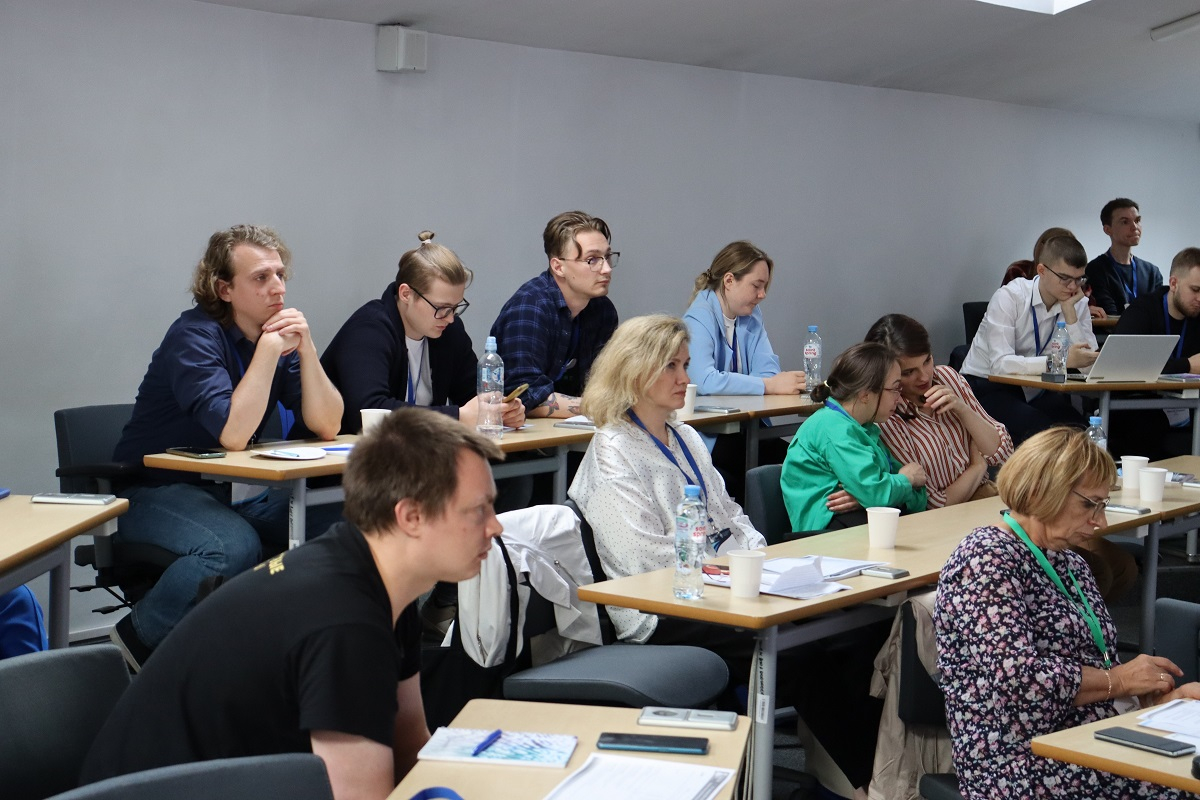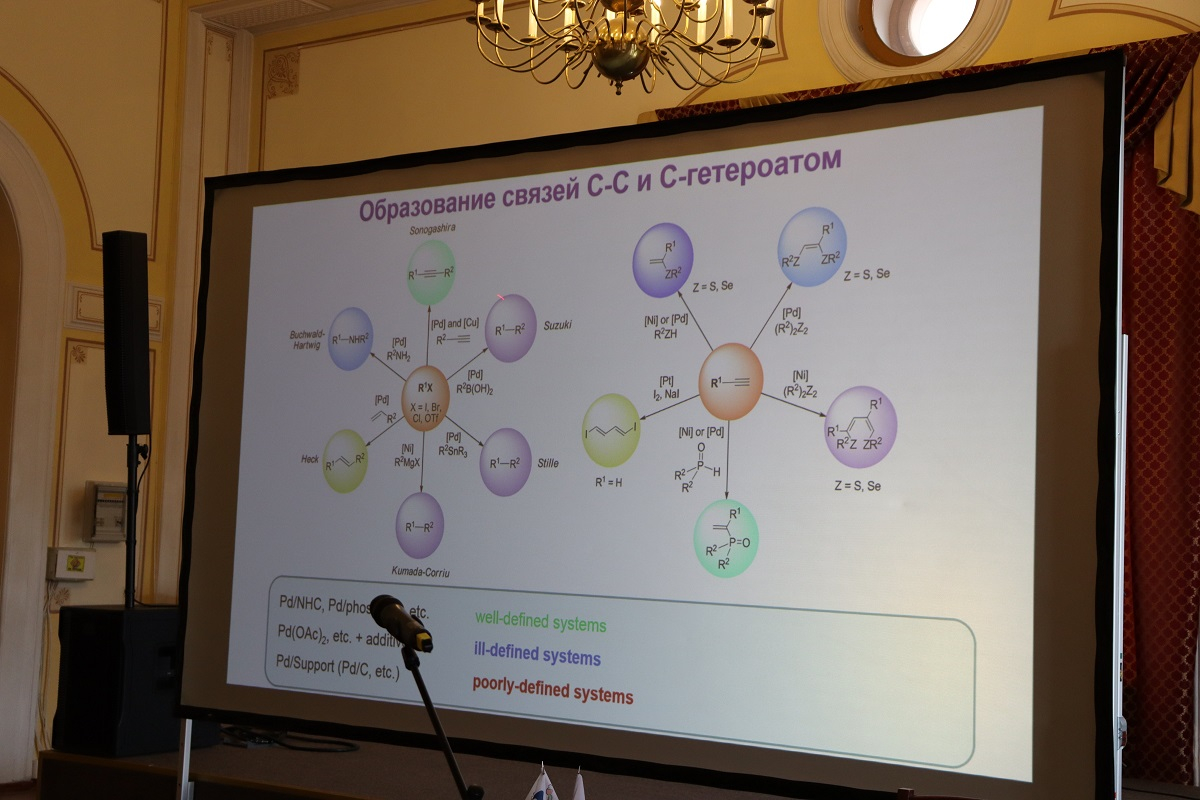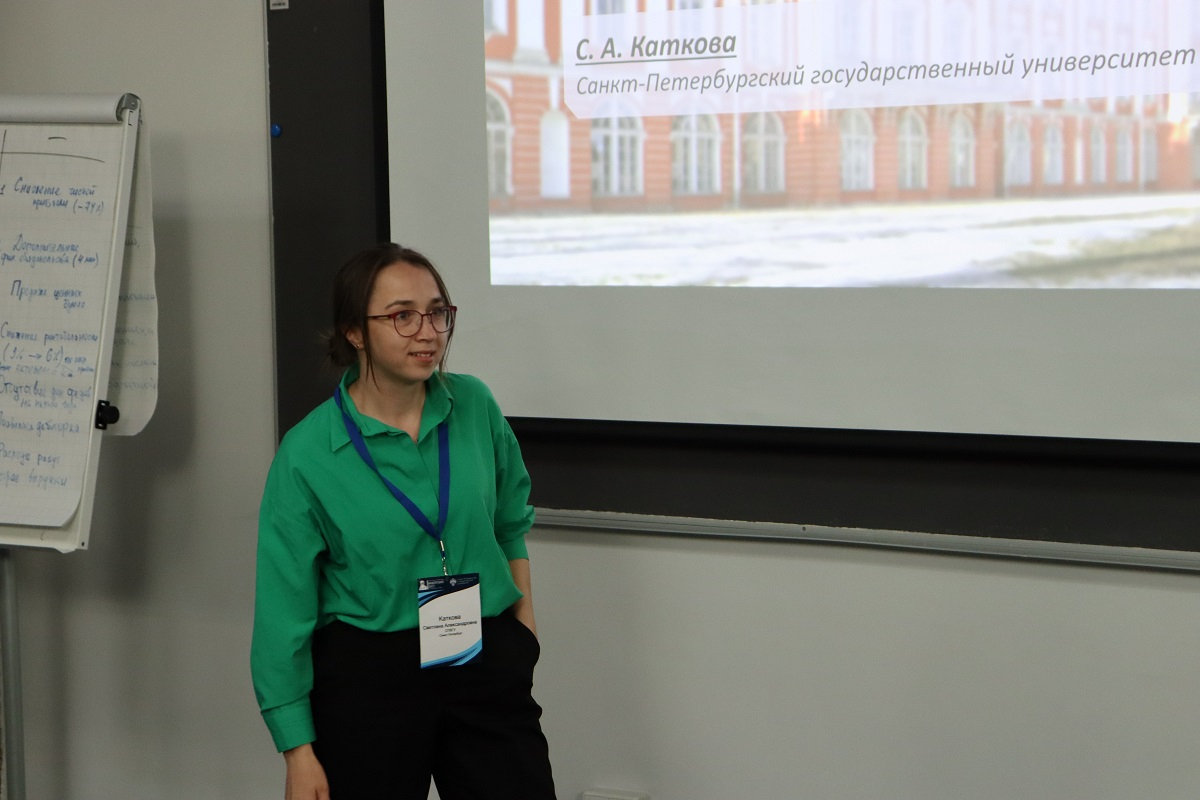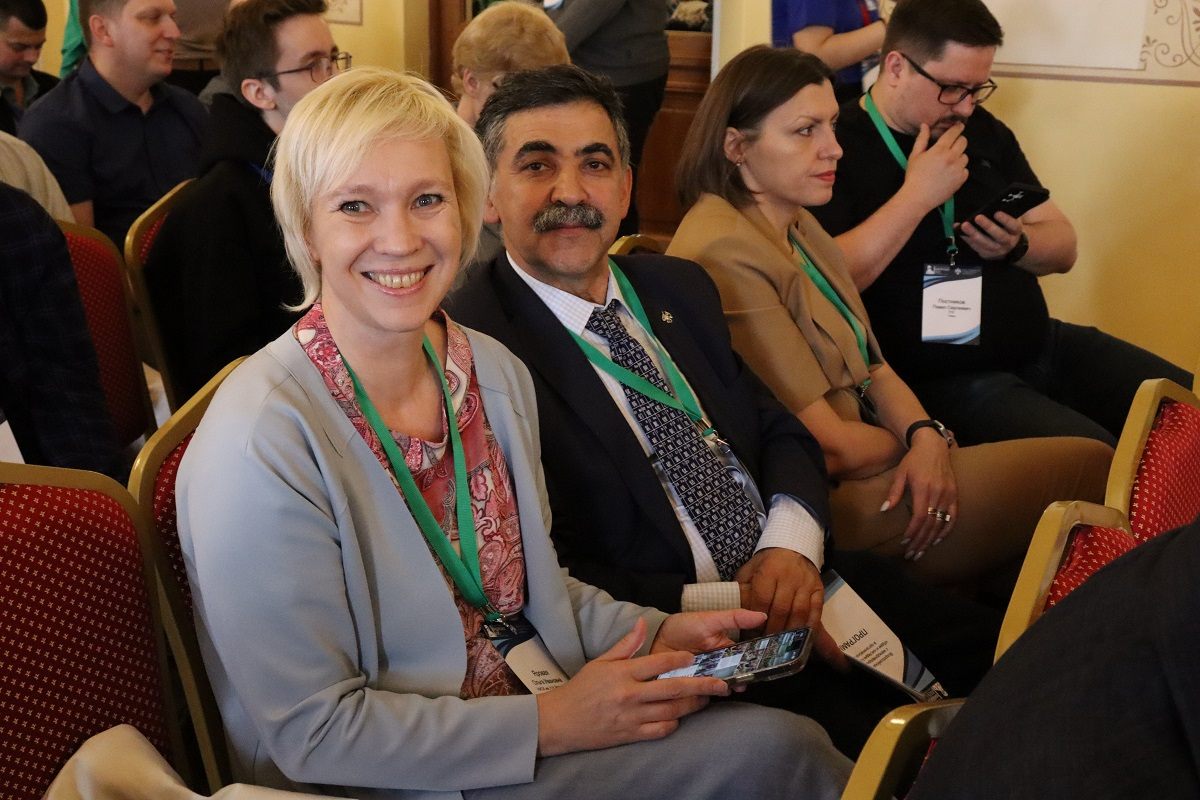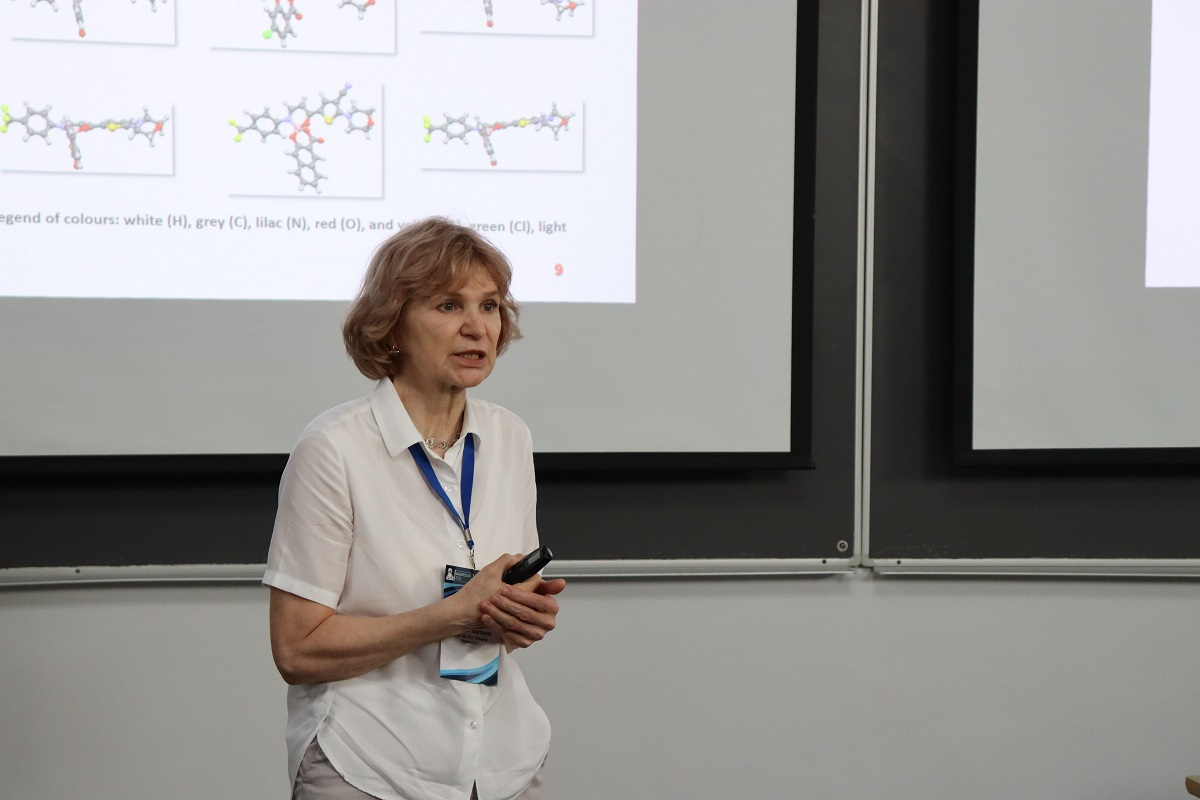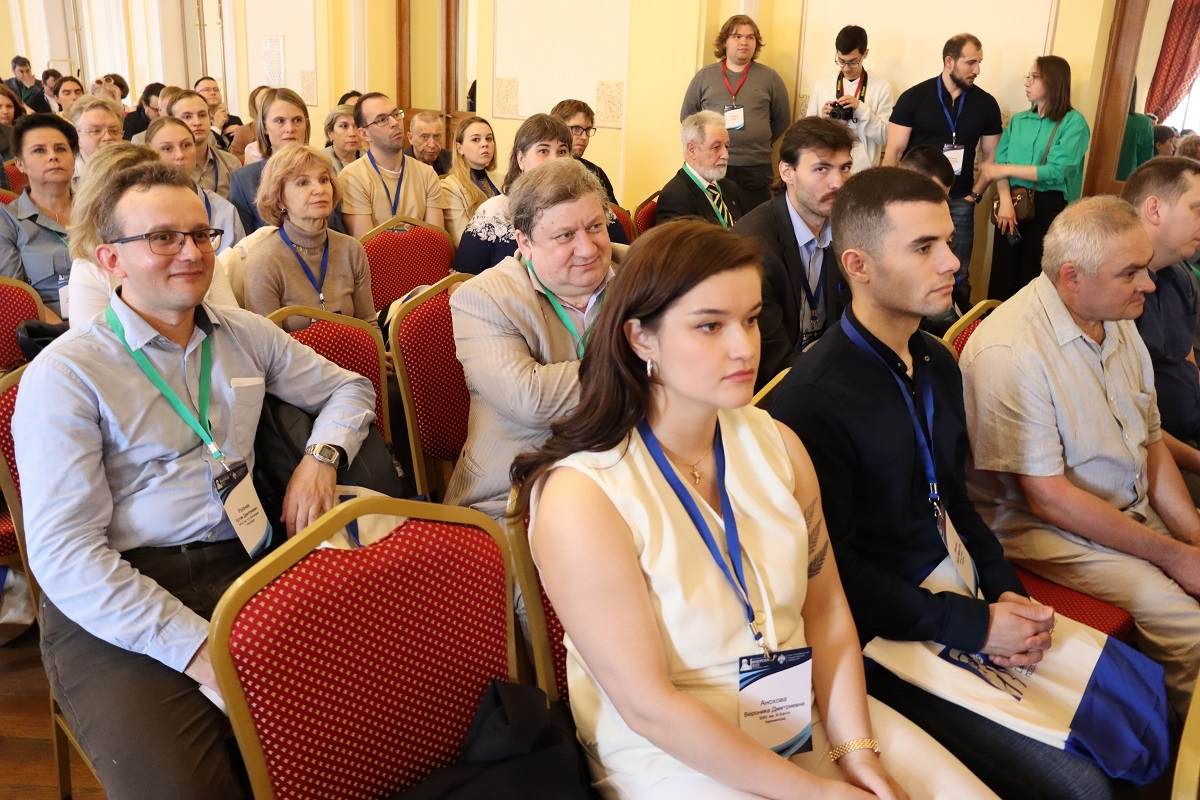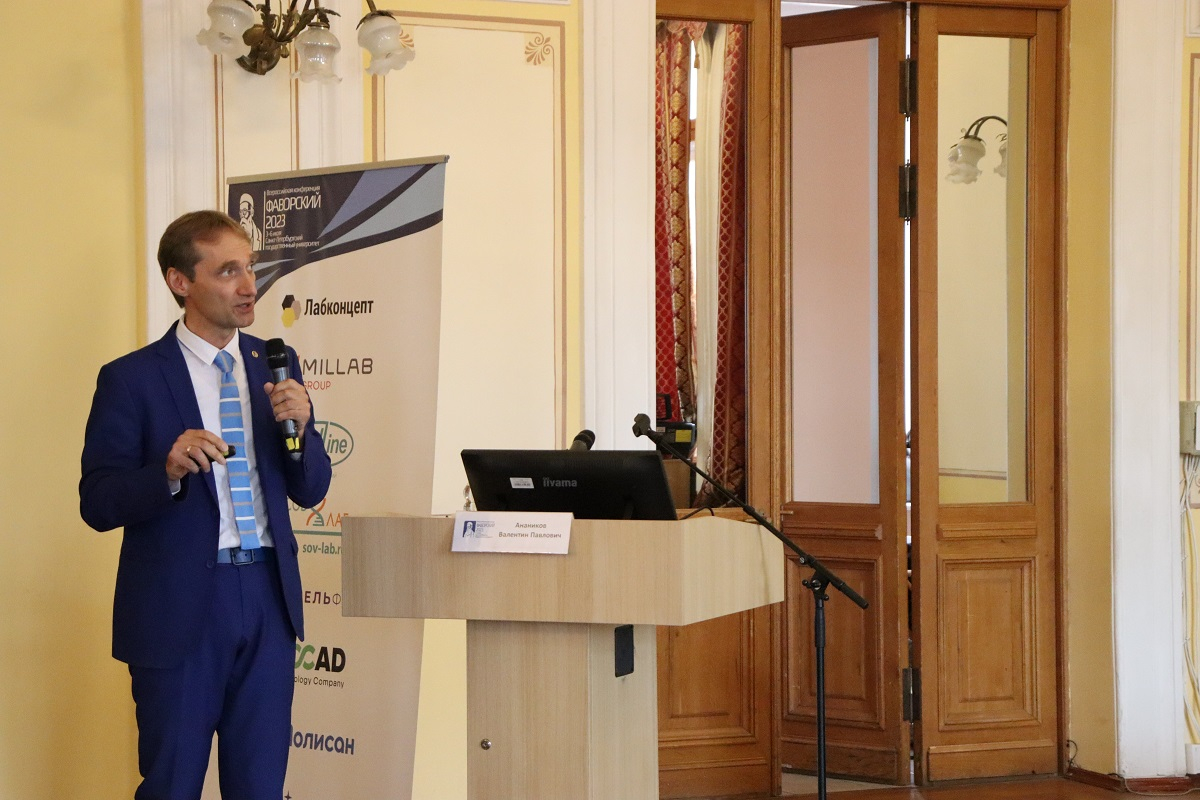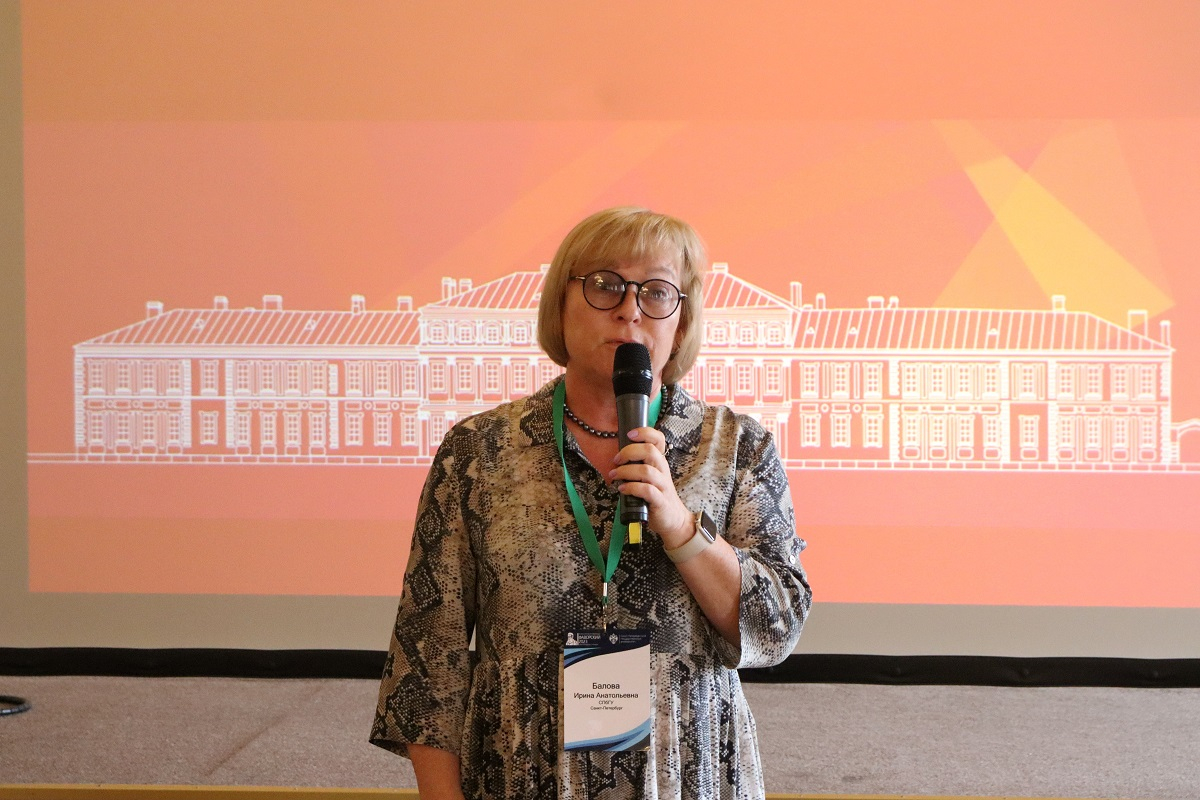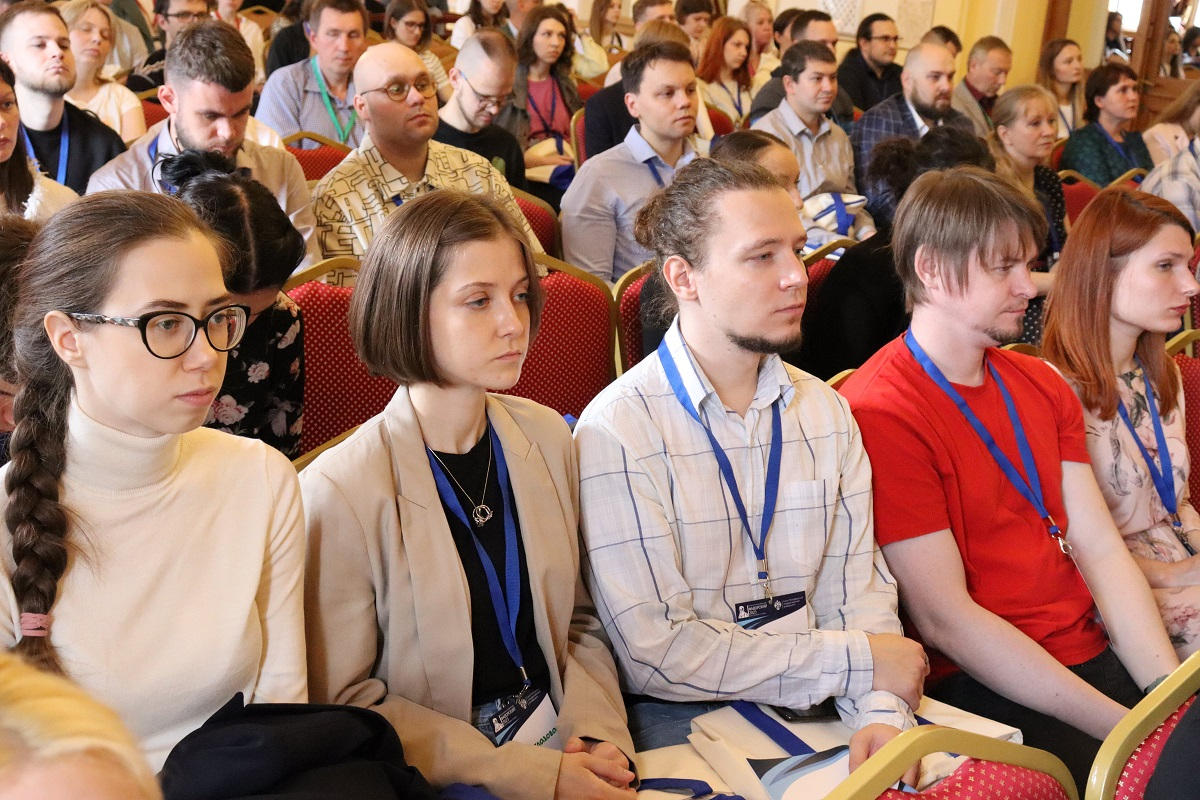Scientists discuss current issues of organic chemistry and its applications
The all-Russian conference with international participation "The ideas and legacy of Aleksey Favorsky in organic chemistry" has come to an end at St Petersburg University. The scientific forum brought together more than 200 leading scientists and early-career researchers from Russia and other countries. They are primarily concerned with chemistry of alkynes and small cycles, medical chemistry and novel materials.
The conference is set to commemorate Aleksey Favorsky (1860–1945), the founder of the Russian scientific school of organic chemists, Professor at St Petersburg (Leningrad) University, and a full member of the USSR Academy of Sciences. His life was inextricably linked with the University, where he studied and headed the Department of Organic Chemistry for almost 30 years. His ideas and scientific heritage are much in demand both in fundamental science and in society.
‘Organic chemistry is being actively introduced into various spheres of our life,’ said Irina Balova, Director of the Institute of Chemistry at St Petersburg University. ‘Among them are: petrochemistry; the development of low-tonnage synthesis of useful substances based on hydrocarbon resources; the areas related to the synthesis of compounds which medicines are made from; and the synthesis of polymeric materials. Today, there is a demand to develop our own methods for the synthesis of substances to ensure import substitution of medicinal substances, functional materials and to develop our own production. In this regard, the development of organic chemistry is very much up-to-date.’
Organic chemists are actively developing new molecules and compounds with intended properties to fight various diseases and participate in the system of targeted drug delivery in the body. They are also used in novel materials for medicine, robotics, soft electronics, and new generation current sources.
The plenary reports introduced the world-class research projects. Among the speakers were the following: Igor Alabugin, Professor of the University of Florida (the USA); Giuseppe Resnati, Professor of Politecnico di Milano (the Polytechnic University of Milan) (Italy); Valentin Ananikov, Member of the Russian Academy of Sciences, N.D. Zelinsky Institute of Organic Chemistry of the Russian Academy of Sciences (Russia); Sergei Bachurin, Member of the Russian Academy of Sciences, the Institute of Physiologically Active Compounds of the Russian Academy of Sciences (Russia); Irina Beletskaia, Member of the Russian Academy of Sciences, Lomonosov Moscow State University (Russia); Dmitrii Iakhvarov, Doctor of Chemistry, A.E. Arbuzov Institute of Organic and Physical Chemistry, Subdivision of the Federal State Budgetary Institution of Science ‘Kazan Scientific Centre of the Russian Academy of Sciences’ (Russia); Oleg Siniashin, Member of the Russian Academy of Sciences, A.E. Arbuzov Institute of Organic and Physical Chemistry, Subdivision of the Federal State Budgetary Institution of Science ‘Kazan Scientific Centre of the Russian Academy of Sciences’ (Russia); Elena Shmidt, Doctor of Chemistry, A.E. Favorsky Irkutsk Institute of Chemistry, the Siberian Branch of the Russian Academy of Sciences (Russia); Boris Trofimov, Member of the Russian Academy of Sciences, at A.E. Favorsky Irkutsk Institute of Chemistry, the Siberian Branch of the Russian Academy of Sciences (Russia); and Nariman Salakhutdinov, Corresponding Member of the Russian Academy of Sciences, N.N. Vorozhtsov Novosibirsk Institute of Organic Chemistry, the Siberian Branch of the Russian Academy of Sciences (Russia).
The meetings brought together scientists from leading research centres in Russia, Italy, the United States of America, and Azerbaijan. There was a significant number of young professionals who were just starting their career in science. The conference included a symposium on the chemistry of alkynes, allenes and small cycles. It introduced the latest fundamental results and new concepts of synthesis to develop substances with intended properties. The conference also included the second all-Russian school of medical chemistry for young scientists and the seminar ‘New organic functional materials’.
Digital and information technologies, in particular artificial intelligence and neural networks, open up new perspectives for chemical research. In the nearest future, it is planned to process and include in the scientific agenda more than 90% of the available information on chemical elements and compounds, said Valentin Ananikov, Member of the Russian Academy of Sciences.
‘It takes about five years for a researcher to fully process the data for one reaction under study. If you use artificial intelligence algorithms and have a pre-trained neural network, the same processing will take one hour. The difference is colossal. Of course, this is one of the prevailing trends in modern chemistry,’ said Valentin Ananikov.
At the event, there was a constructive dialogue between scientists conducting fundamental research and specialists involved in their practical application in medicinal chemistry and the creation of functional materials. They extensively discussed the prospects for new areas in organic chemistry to find new points of interaction and identify new trends in world science. The plans for the coming years include the development of a dialogue between representatives of science and the real sector of the economy, which will contribute to the implementation of joint research projects, said the organisers of the conference.


